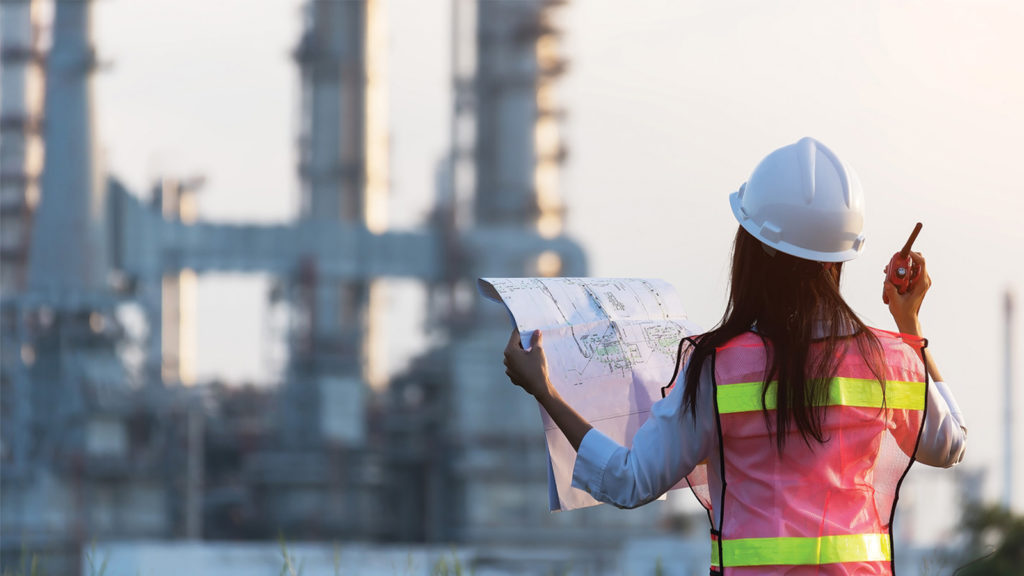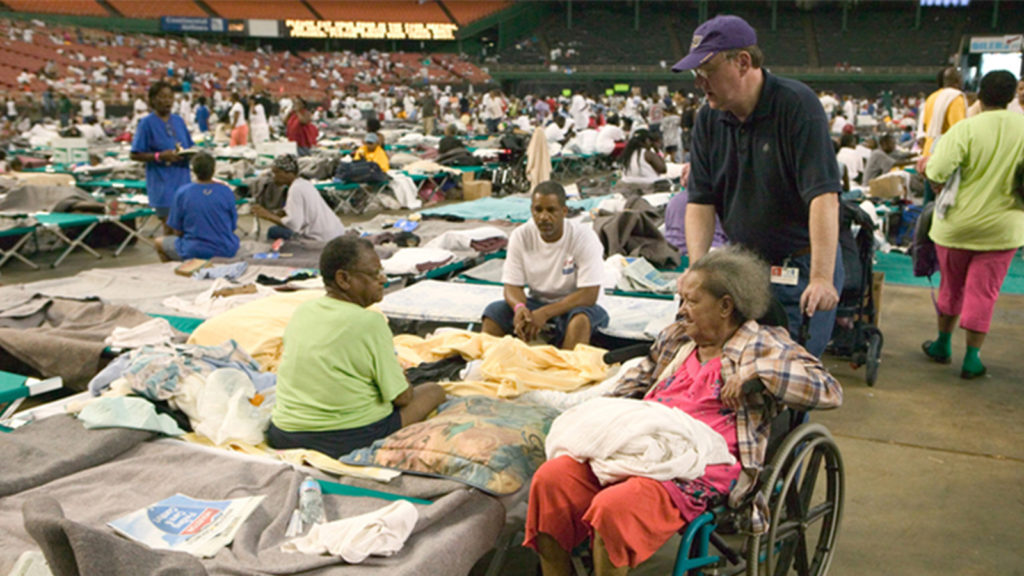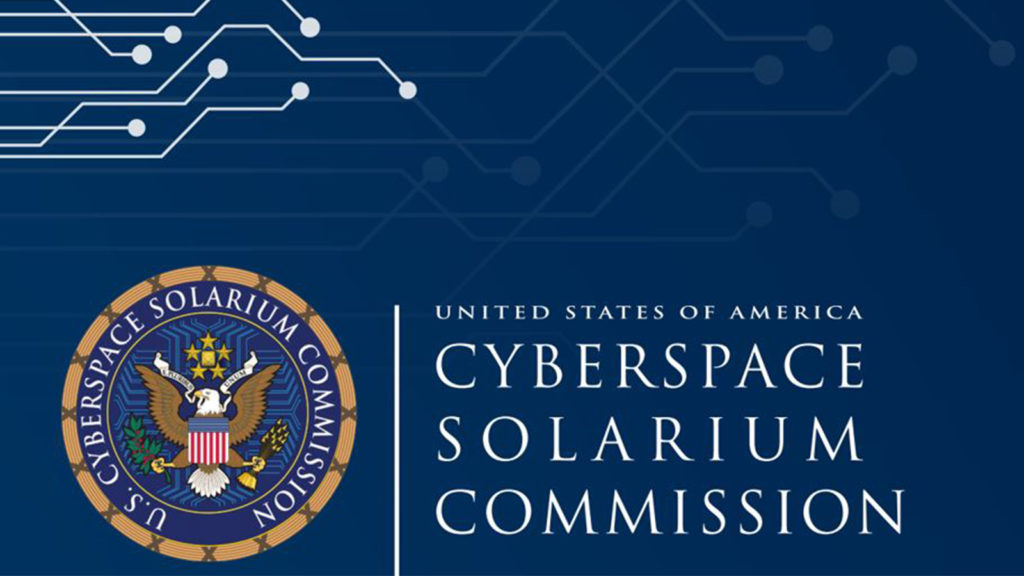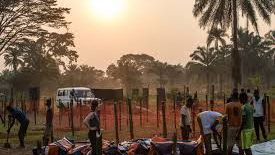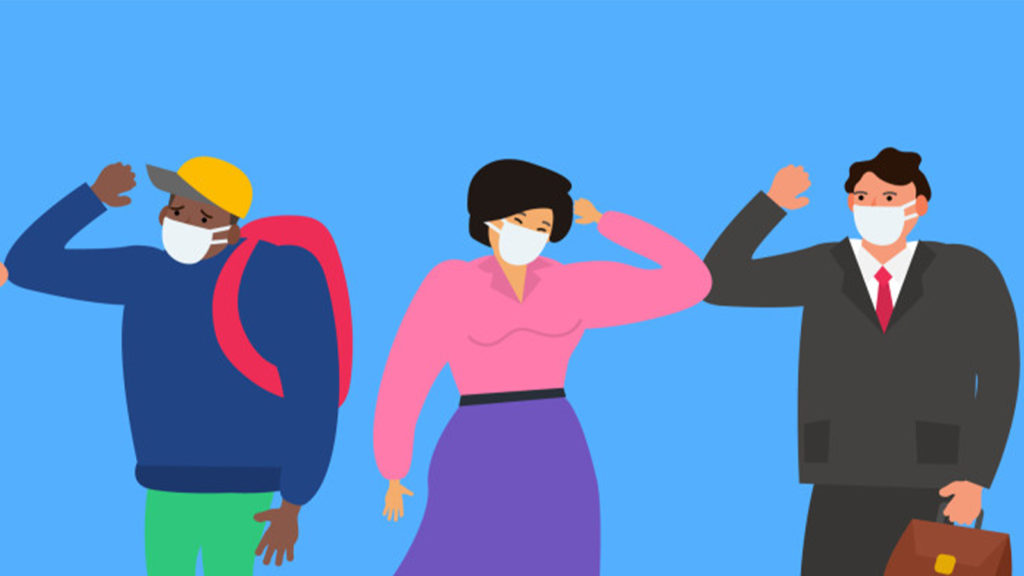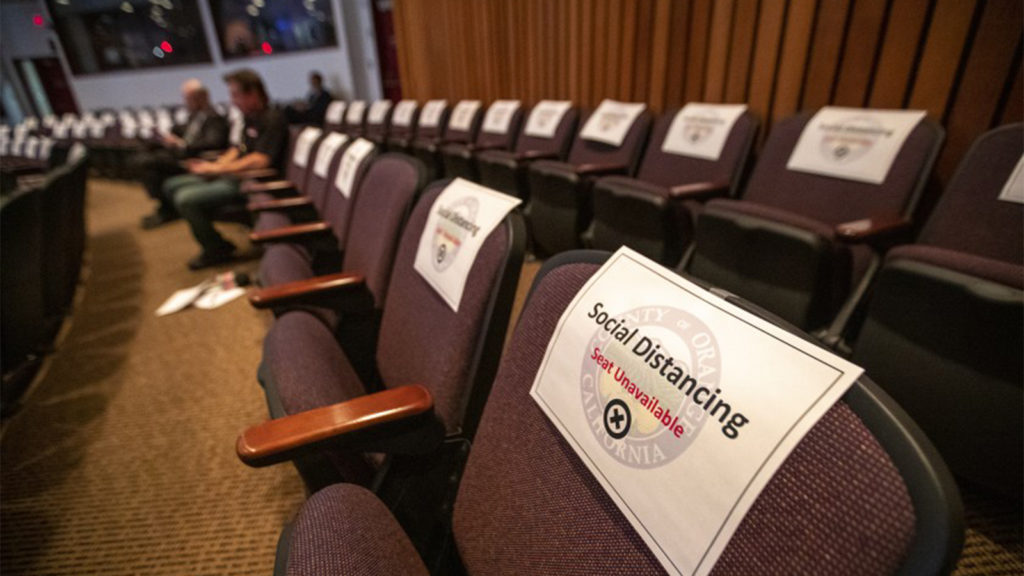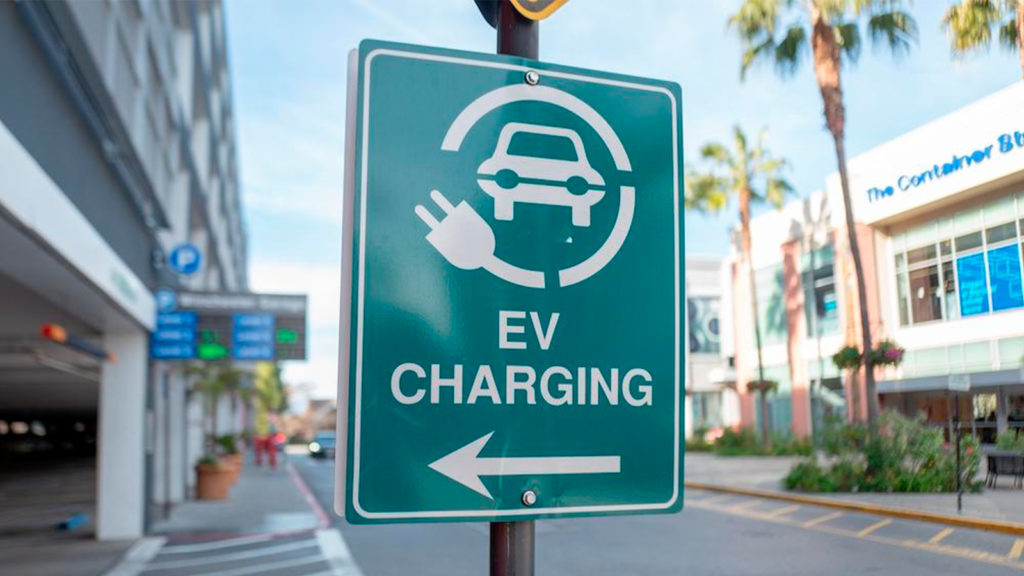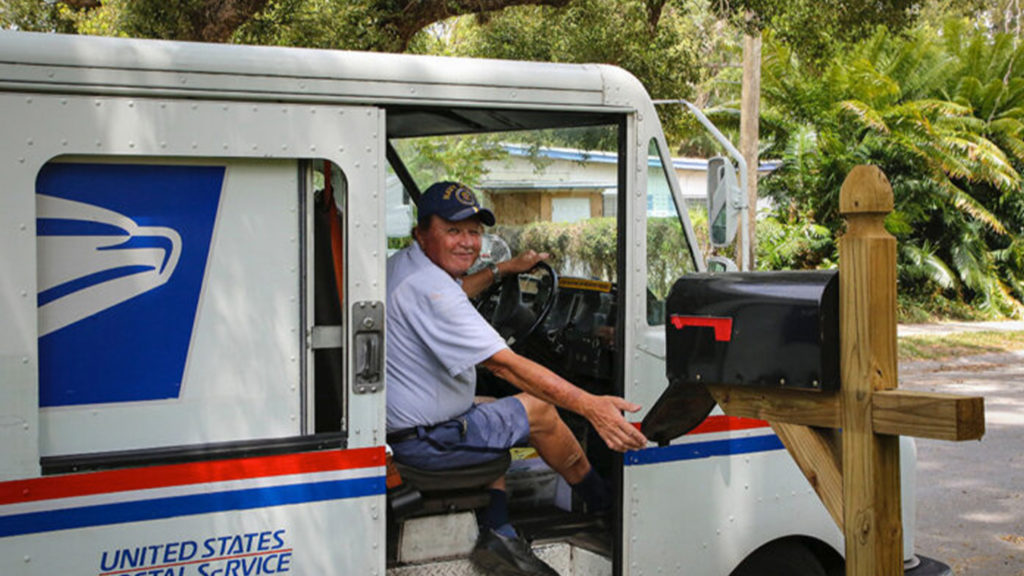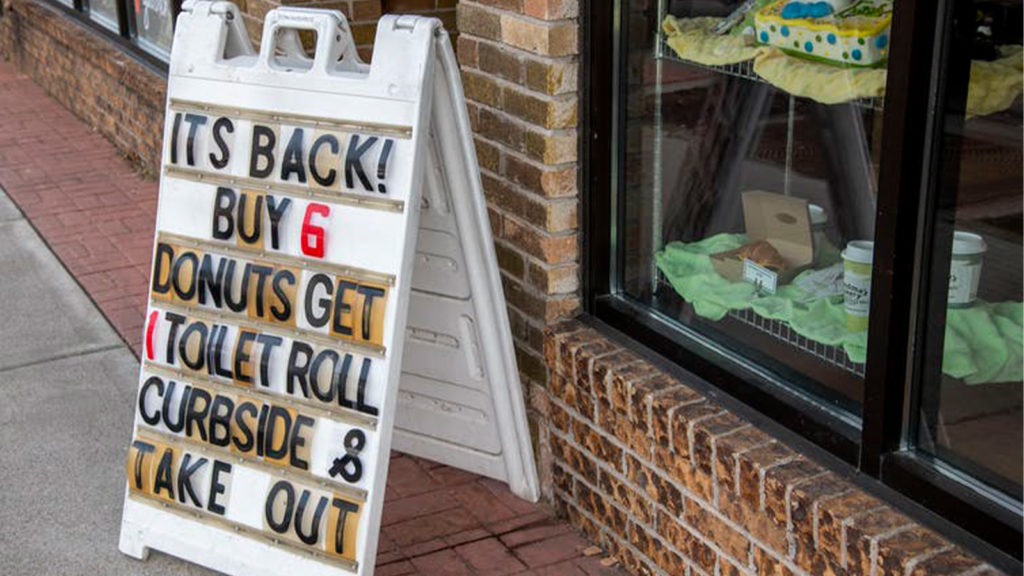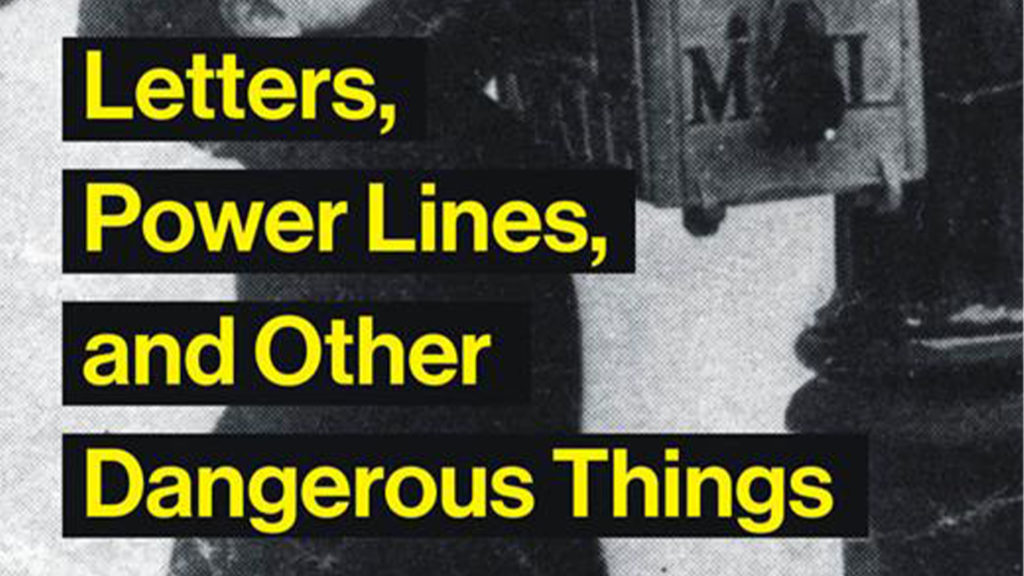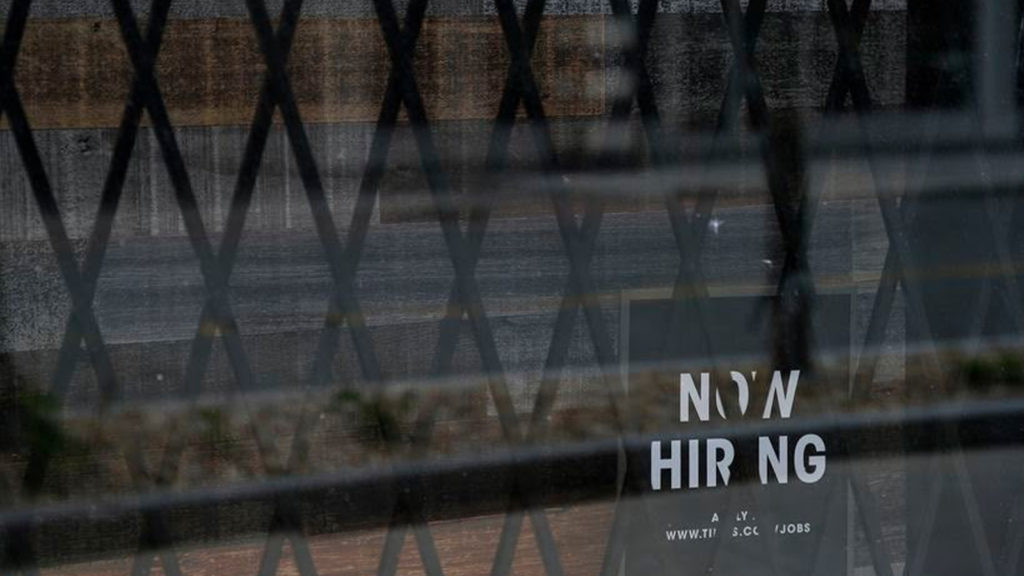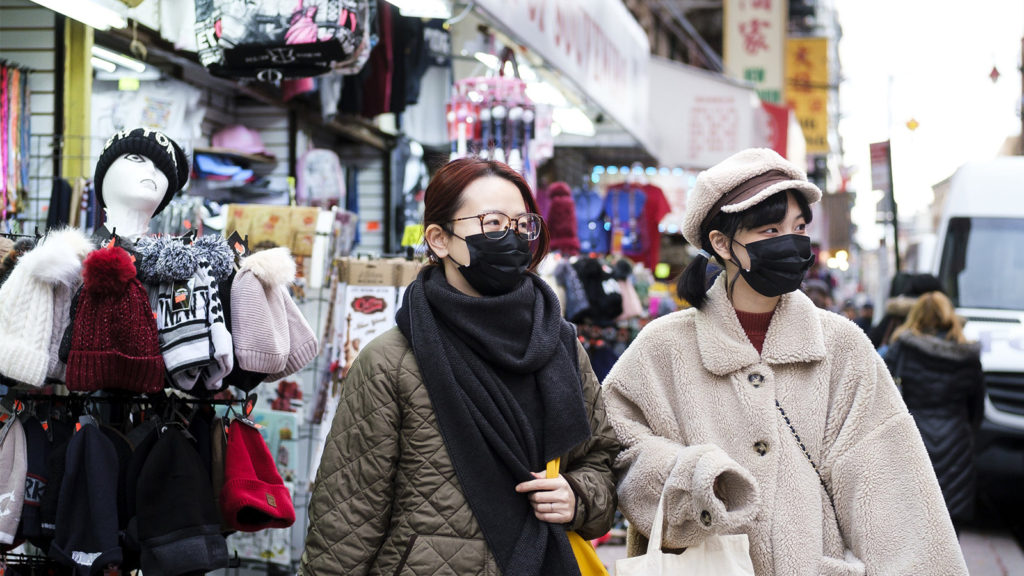
How Fear Distorts Our Thinking About the Coronavirus
When it comes to making decisions that involve risks, we humans can be irrational in quite systematic ways — a fact that the psychologists Amos Tversky and Daniel Kahneman famously demonstrated with the help of a hypothetical situation, eerily apropos of today’s coronavirus epidemic, that has come to be known as the Asian disease problem.

